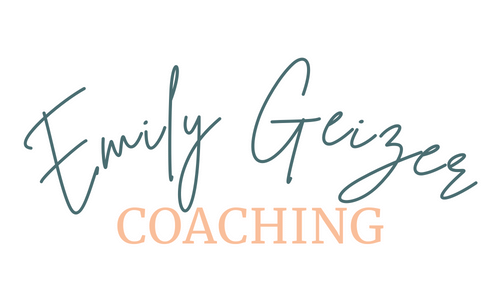Eating for Breast Health
We’ve all been touched by breast cancer. With 1 in 8 women being diagnosed, the next one may be a woman next to you in yoga class or your neighbor or sister, friend or mom. Or it could be me. While there is a small genetic component (about 9% of breast cancers), the rest are linked predominantly to environmental exposures and lifestyle decisions that you make — and can therefore change.
In our conversation about prevention, let’s talk about the things we CAN control. We need to take action. Don’t get me wrong, awareness is good, and yes, we want a cure, but prevention needs to start now. So, what can we DO?
An anti-cancer lifestyle isn’t a rigid set of rules to follow, but a loving space to find ways to nourish health and discourage disease.
Can certain foods prevent cancer? No food or diet can prevent you from getting breast cancer. But some foods are active against cancer and others can make your body the healthiest it can be, boost your immune system, and help keep your risk for breast cancer as low as possible. A woman can cut her chance of cancer by as much as two-thirds with good nutrition. We are going to focus on alkaline foods and anti-inflammatory foods.
Let’s focus on the foods you want to add more of. Like, daily!
Eat foods that battle toxins and always choose clean foods.
Phytochemicals (antioxidants, carotenoids, catechins, essential fatty acids, glutathione, selenium and more) found in certain plant foods are active against cancer, when eaten as a whole food so the compounds work synergistically, But here’s the rub, some of these fruits and vegetables won’t have the protective effect if they aren’t organic. Follow the Dirty Dozen list.
Eat more vegetables , specifically greens, cruciferous, garlic and onion. Broccoli and broccoli sprouts reign supreme!
Eat more fruit, specifically plums, peaches and berries.
Plant based protein, specifically whole soy* and beans.
Seeds and nuts, specifically walnuts and flax seeds . Researchers found that lignin in flax seeds shows promising results in fighting cancer, especially breast cancer. It is thought that lignan metabolites can bind to estrogen receptors, hence inhibiting the onset of estrogen-stimulated breast cancer.
The antioxidants in these foods are able to help fight cancer by neutralizing toxins and carcinogens. Not only do they reduce the risk of developing breast cancer, studies also found that they may also prevent breast cancer from returning among breast cancer survivors (both estrogen dependent and estrogen independent cancers).
** Note about soy: A diet consisting of moderate amounts of whole soy has been shown to reduce the risk of breast cancer, including recurrence. The confusion is that soy is a phytoestrogen and many cancers feed on estrogen. Estrogens are absorbed in two ways, a safe path (short) or a cancer-promoting path (long way). When there are plenty of short path estrogens in the blood, the carcinogenic estrogens are virtually blocked and unable to promote cancer. Phytoestrogens and phytosterols take the short path and block the carcinogenic, estrogen-mimicking chemicals (endocrine disruptors); phytoestrogens also protect us from environmental chemicals (fuel, agriculture, household, personal care).
Ditch List:
Pesticides - Certain pesticides’ molecular structures mimic estrogen’s and attach to your cells’ hormone receptors (the long path). The Mayo Clinic reports women with elevated pesticide levels in their breast tissue to have greater cancer risk.
Trans fat - A study found that eating a lot of trans fats may increase breast cancer risk.
Refined sugar - There is scientific evidence that high sugar intake is at least indirectly responsible for increased cancer risk.
Processed foods - A diet high in processed foods has been linked to an increase in cancer, specifically breast cancers
Please share your questions in the comments and stay tuned this month. In the weeks ahead I’ll be sharing more resources for breast health and breast cancer prevention.
